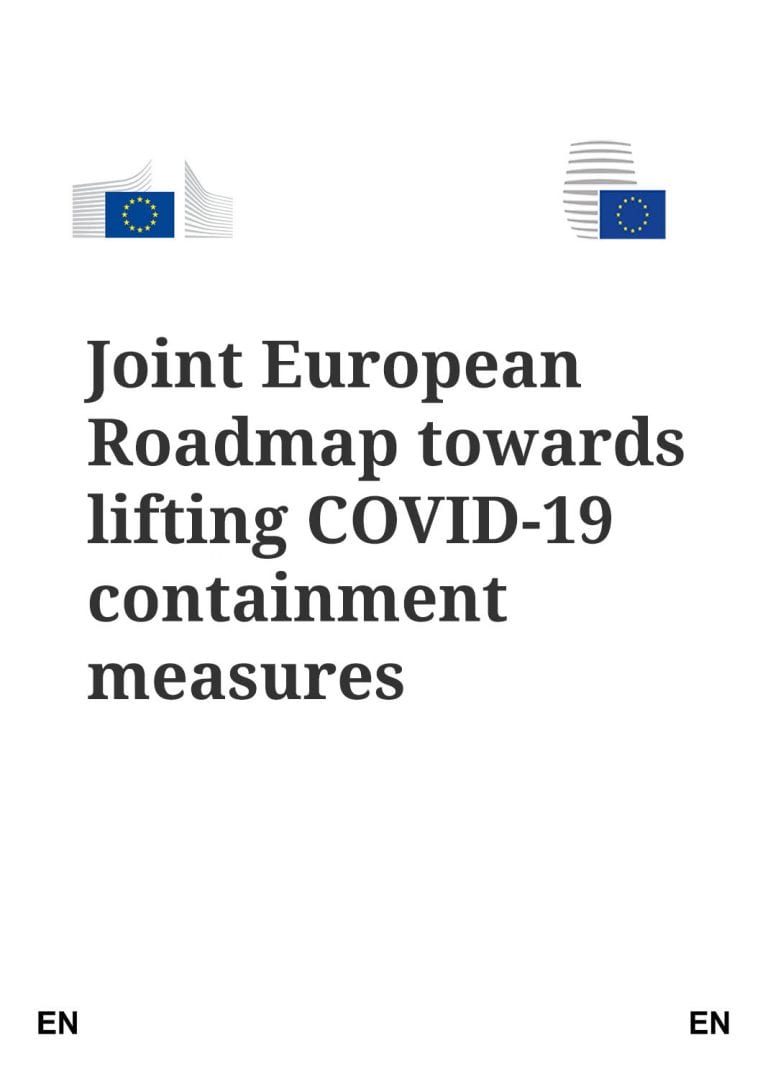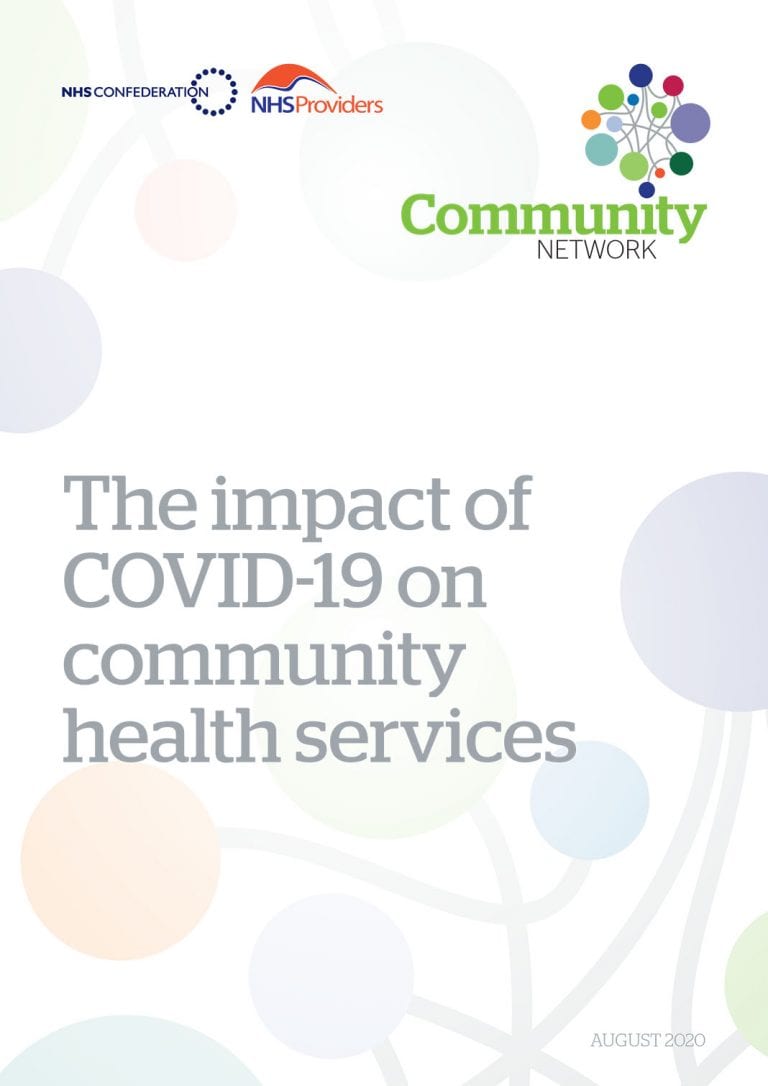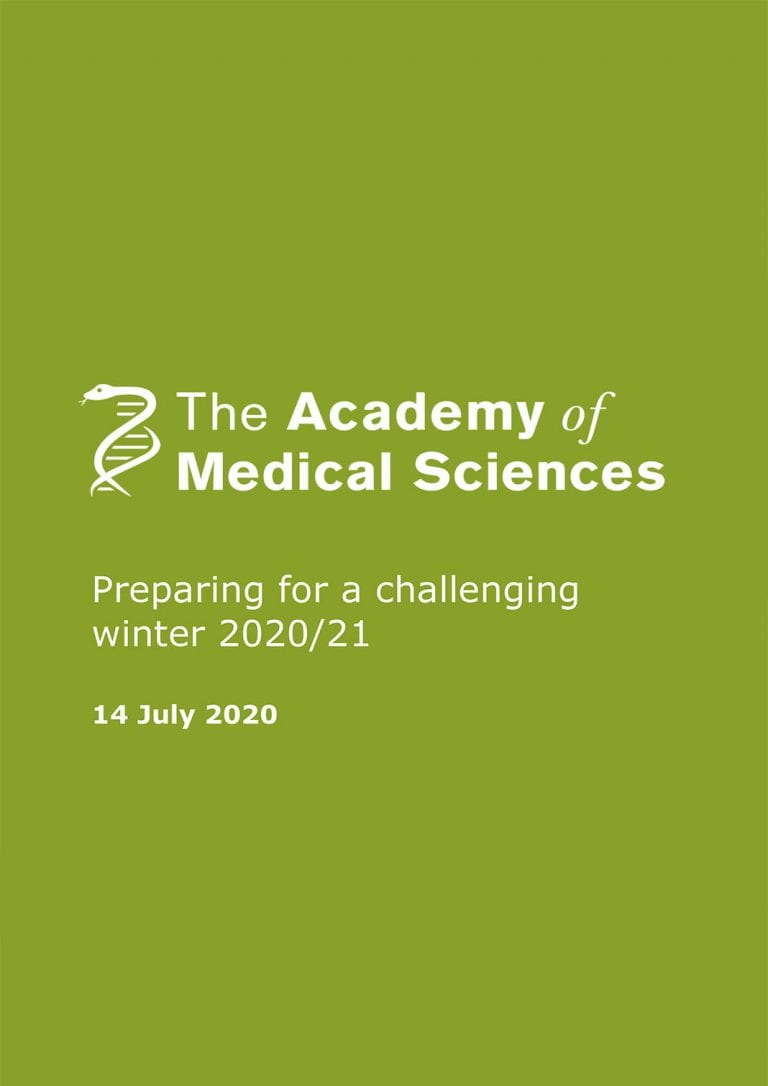Preparations must begin immediately for a winter peak of COVID-19 cases, according to a report by the Academy of Medical Sciences.
The ‘Preparing for a challenging winter 2020-21’ report, published in mid-July, indicates that a destructive combination of the disruption COVID-19 has already caused within the UK’s healthcare infrastructure, the potential of an additional winter flu epidemic, and a growing backlog of patients needing assessment and treatment for conditions other than COVID-19 could trigger a serious risk to public health in the UK this winter. The NHS is commonly under increased pressure in the winter months even without these factors, with colder weather leading to a rise in infectious diseases and increased severity of conditions such as asthma, chronic obstructive pulmonary disease (COPD), heart attacks and strokes.
Professor Stephen Holgate FMedSci, a respiratory specialist from University Hospital Southampton NHS Foundation Trust and chair of the report, said: “This is not a prediction, but it is a possibility. The modelling suggests that deaths could be higher with a new wave of COVID-19 this winter, but the risk of this happening could be reduced if we take action immediately. With relatively low numbers of COVID-19 cases at the moment, this is a critical window of opportunity to help us prepare for the worst that winter can throw at us.”
Preparedness is key to facing winter wave
The report emphasises the immediate need for ‘intense preparation’ measures to minimise the risk of healthcare services becoming overwhelmed entirely, with recommendations including:
- A public information campaign aimed at reducing community transmission of COVID-19, to include tailored advice for at-risk cohorts;
- Broadening the scope of the flu vaccination programme to protect as many vulnerable patients and healthcare workers as possible;
- Ensuring system-wide infection control measures and adequate provision of personal protective equipment (PPE) in clinical settings; and
- The establishment of a comprehensive, population-wide surveillance system to manage a winter wave of COVID-19.
“This can be done, but it must be done now”
Vice President of the Academy of Medical Sciences Professor Dame Anne Johnson FMedSci said: “Every winter we see an increase in the number of people admitted to hospital and in the number of people dying in the UK. This is due to a combination of seasonal infections such as flu, and the effects of colder weather, for example, on heart and lung conditions. This winter we have to factor in the likelihood of another wave of coronavirus infections and the ongoing impacts of the first wave. We have to be prepared that we might also experience a flu epidemic this year.
“Faced with these potential challenges, and after an already tough year, it would be easy to feel hopeless and powerless. But this report shows that we can act now to change things for the better. We need to minimise coronavirus and flu transmission everywhere, and especially in hospitals and care homes. We need to get our health and social care, and the track, trace and isolate programme ready for winter. This can be done, but it must be done now.”




